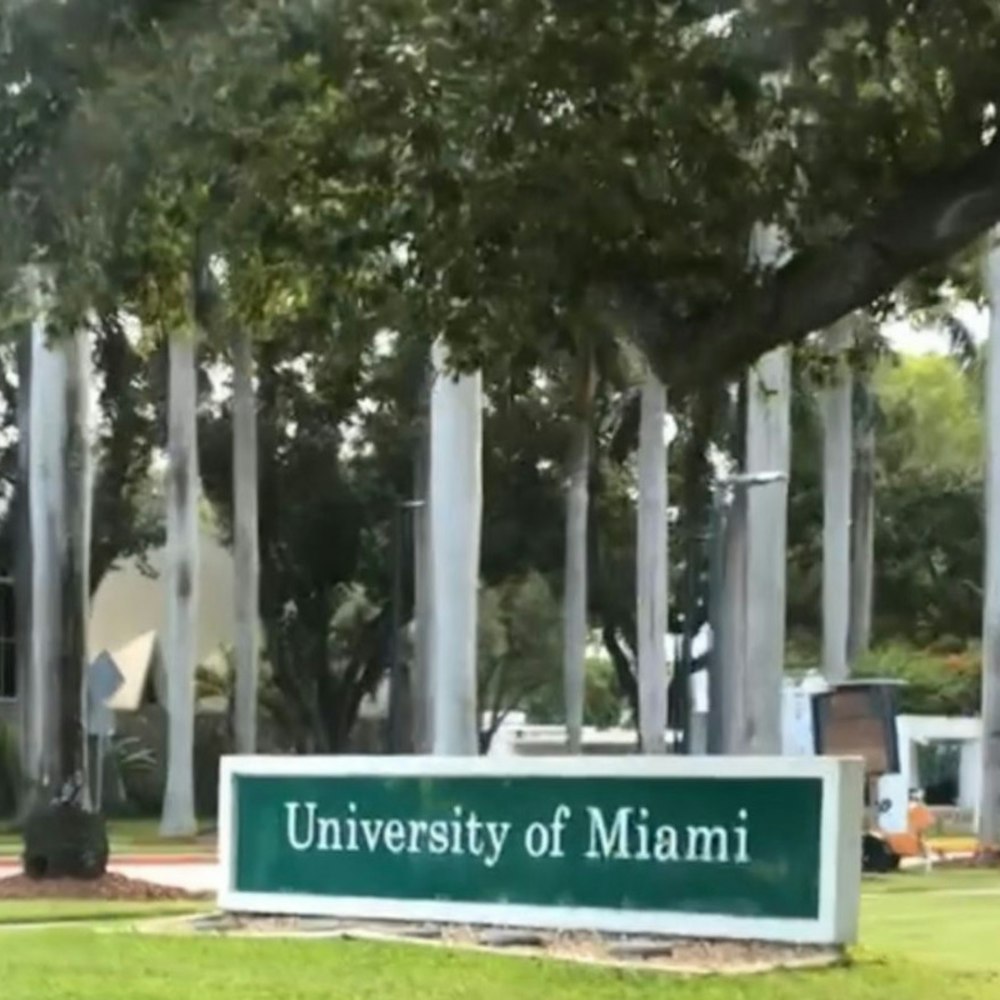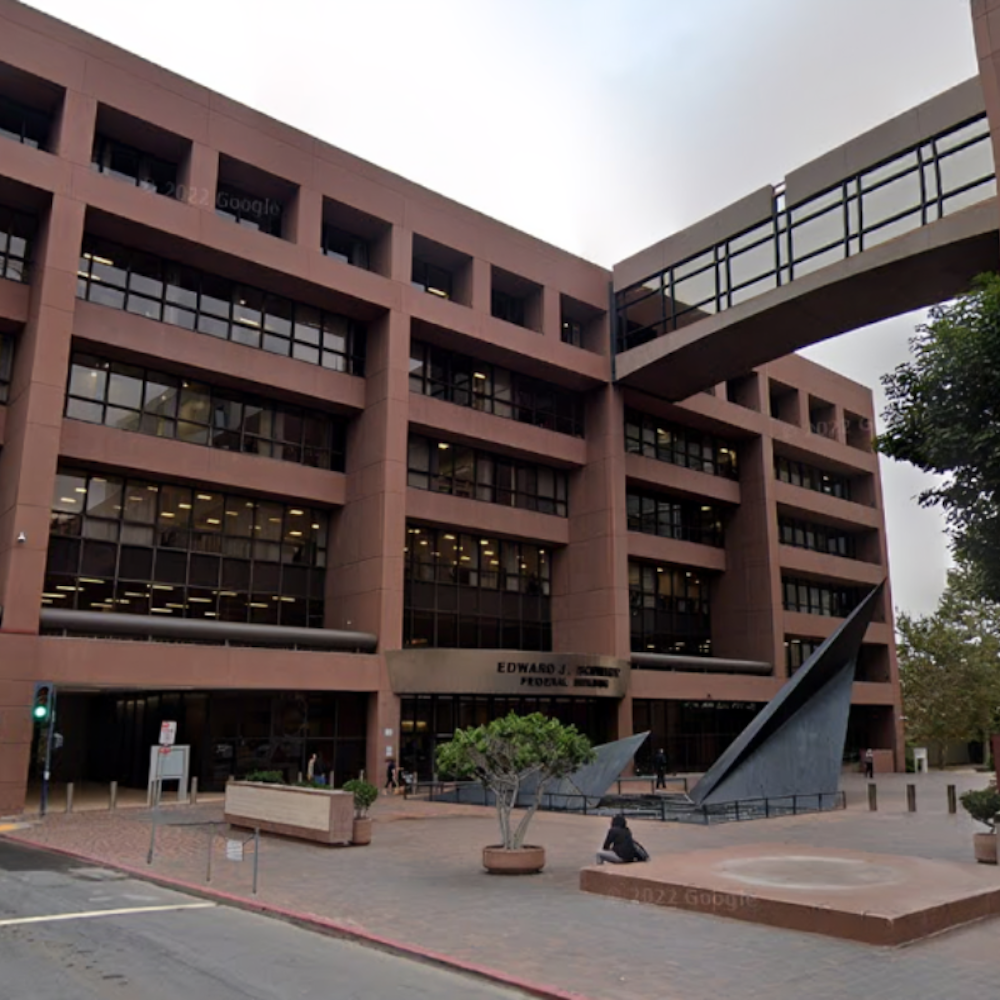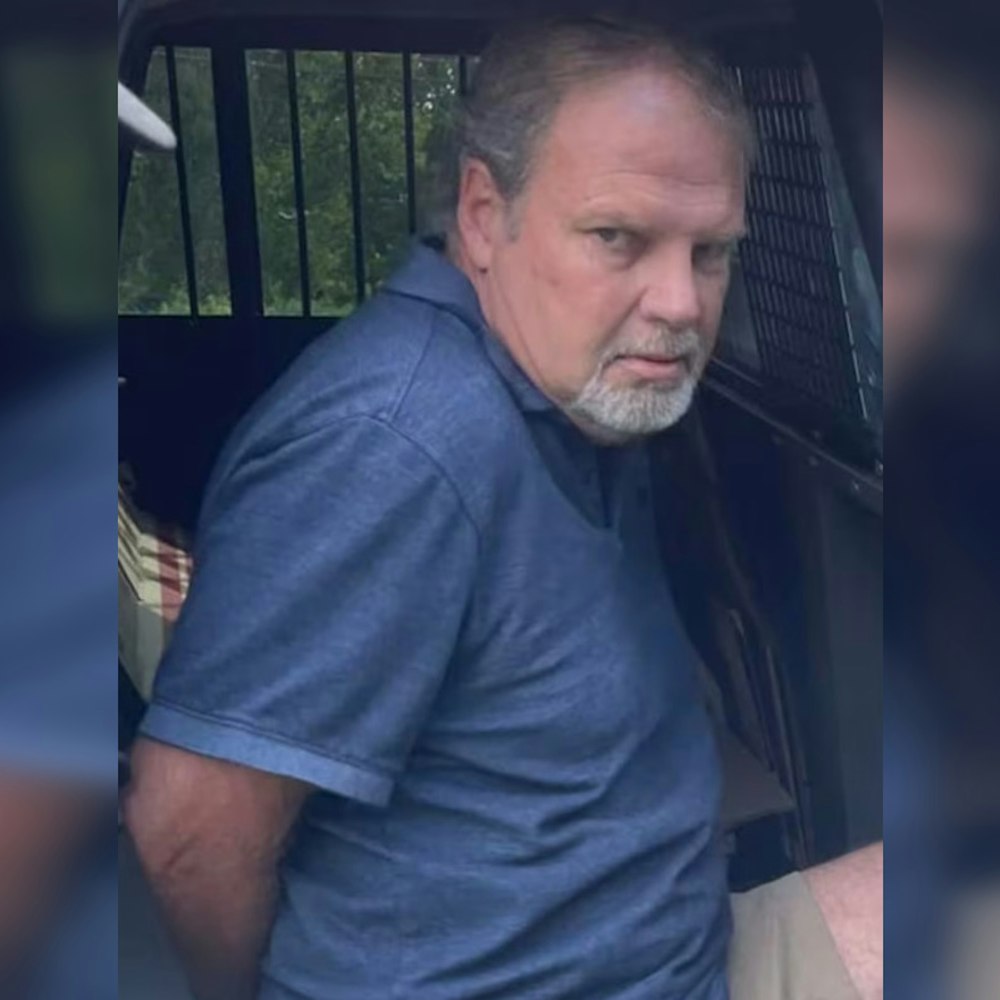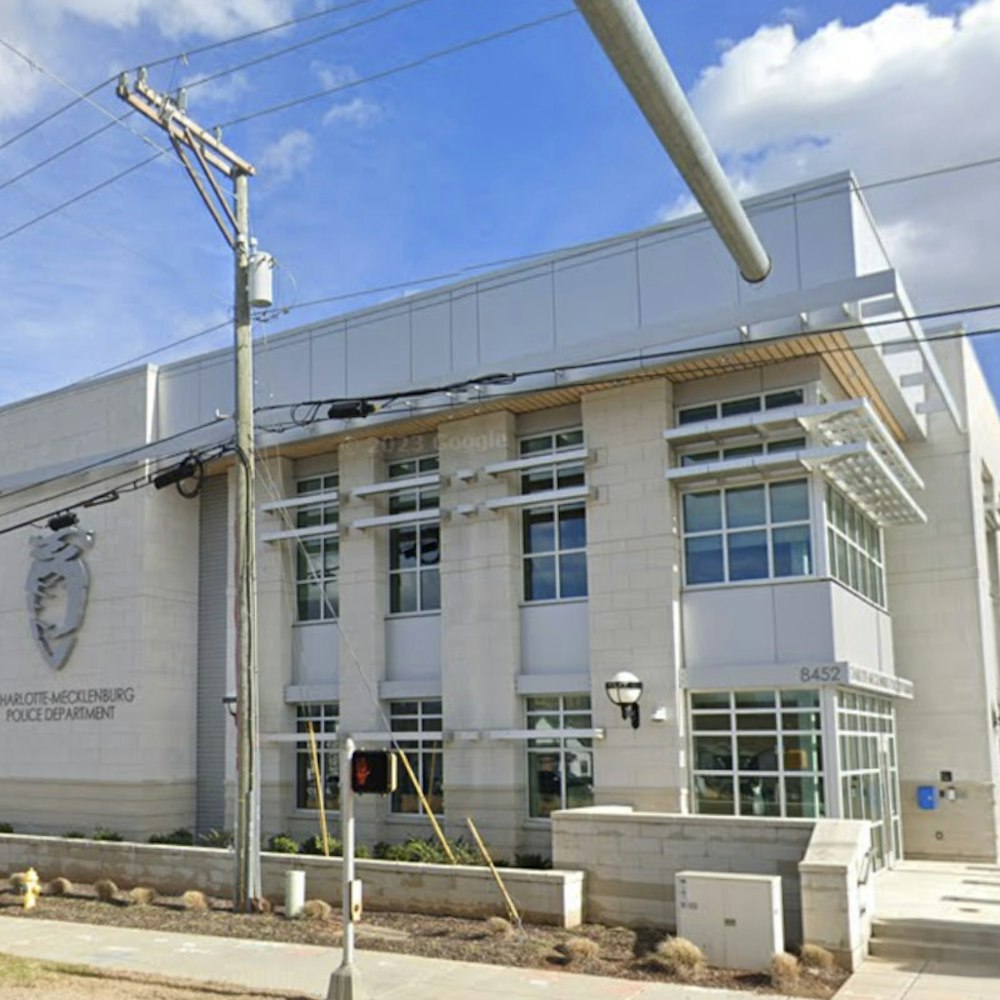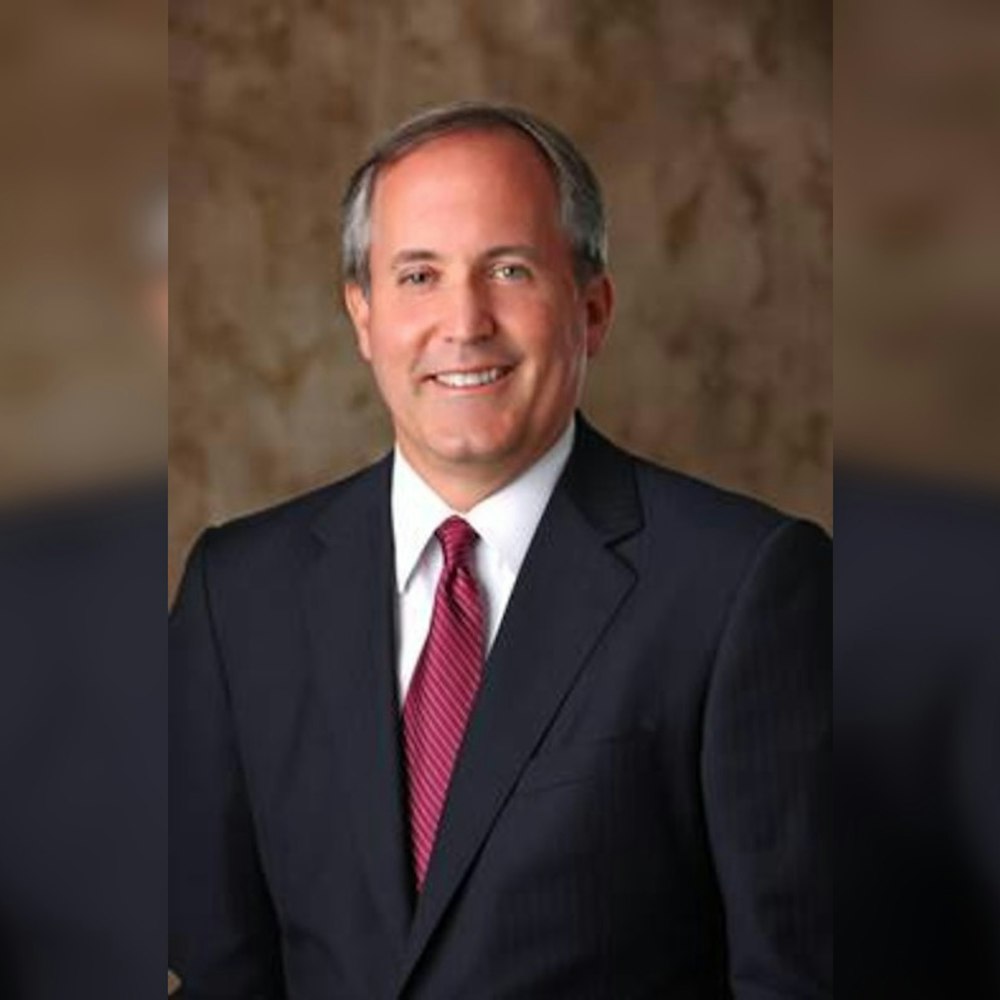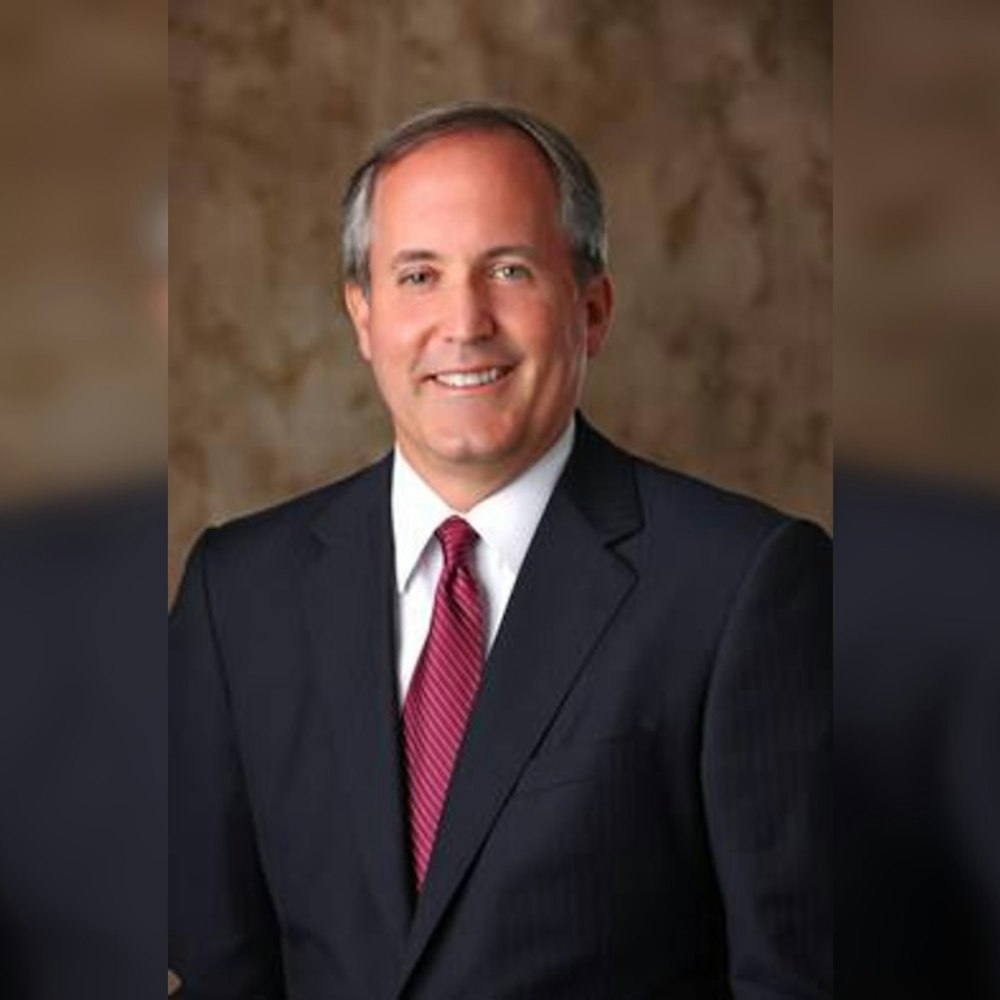
Calling all Seattleites with recollections and stories to share from the historic Section 504 civil rights protests of 1977: Your memories are needed. In a time when the fight for disability rights was reaching a fever pitch, Seattle played a crucial role, and now, the Department of Neighborhoods is seeking to unearth and preserve the city’s pivotal contributions. In an announcement made by the Seattle Department of Neighborhoods, city officials emphasized the significance of the protests in advancing civil rights for individuals with disabilities and the urgency to document this chapter in our collective history.
The demonstrations were a response to necessary government action that lagged, a fight for the implementation of Section 504 of the Rehabilitation Act of 1973 which mandated equal access to federally funded programs and facilities for people with disabilities. As we look back, it is evident that voices and picket signs from that era carved a path, but the narratives of those who marched on the front lines in our backyard, remain scattered and fragmented, leaving a void in the historical record that the city hopes to fill, and to do so, they are relying on public input, the Department of Neighborhoods has set up an online survey to collect stories, photos, and artifacts from the movement.
Historic figures like Hale Zukas, Ron Washington, and Judy Heumann who appeared at a press conference at the San Francisco airport before heading to Washington for protests, exemplify the leadership that galvanized the disability community and allies nationwide. Through efforts like theirs, Section 504 became more than just a legal mandate, it represented a recognition of rights long overdue. Your experiences from the Seattle scene are invaluable, the city’s Historic Preservation program seeks to collaborate with the public to ensure that the actions and spirit of the advocates are not lost to time.
Those who were present or have personal or familial connections to the demonstrations now have a platform for their voice, Seattle’s gathering of these recollections is not simply an academic pursuit, it is an acknowledgment that history breathes through the stories of its people. So if you played a part or know someone who did, reach out through the designated channels, the Department of Neighborhoods assures they will respond within two weeks following the sharing of contributions. Let the voices of the past echo into the future, and let the struggles and triumph of the disability rights movement be remembered and honored as a defining feature of Seattle's legacy of activism.
-1.webp?w=1000&h=1000&fit=crop&crop:edges)
